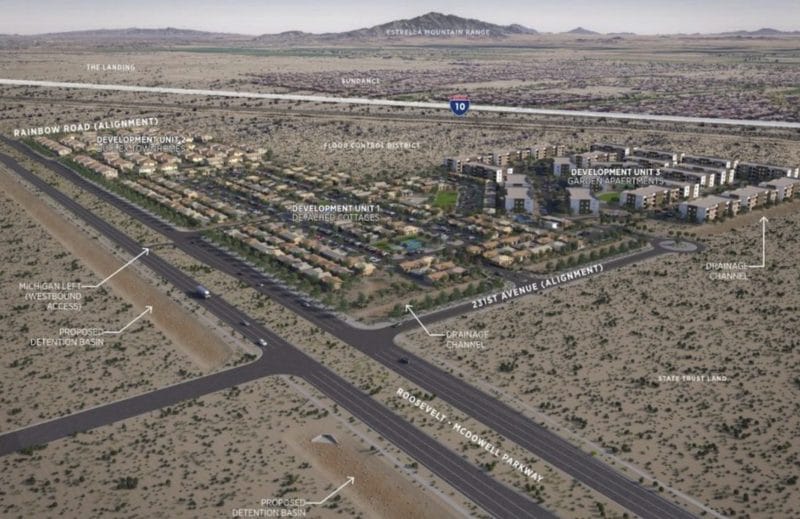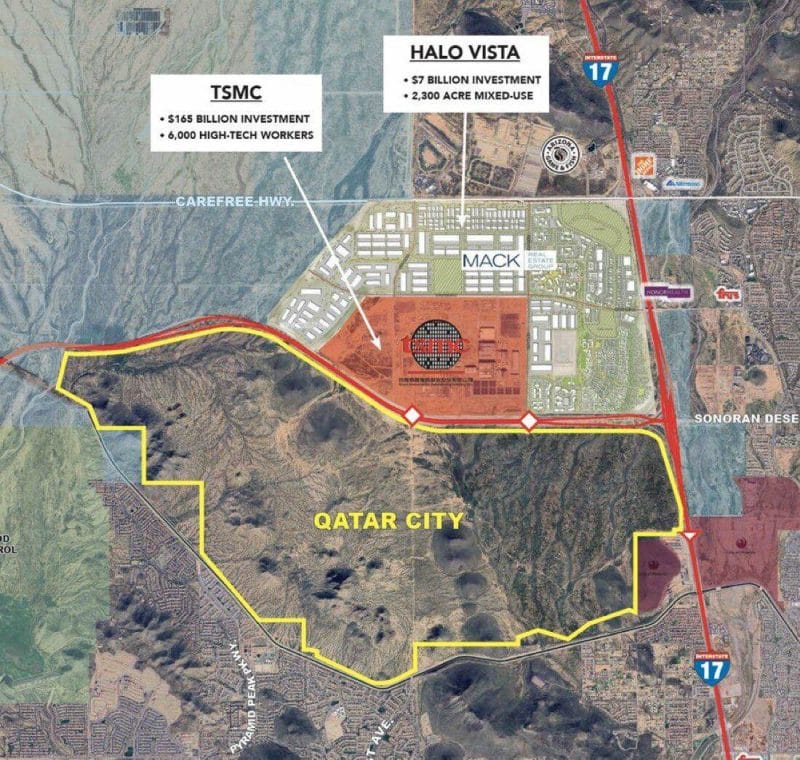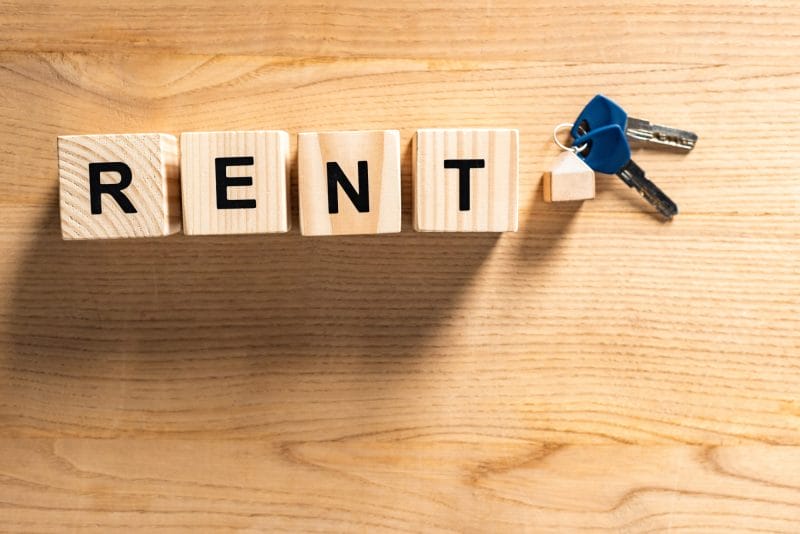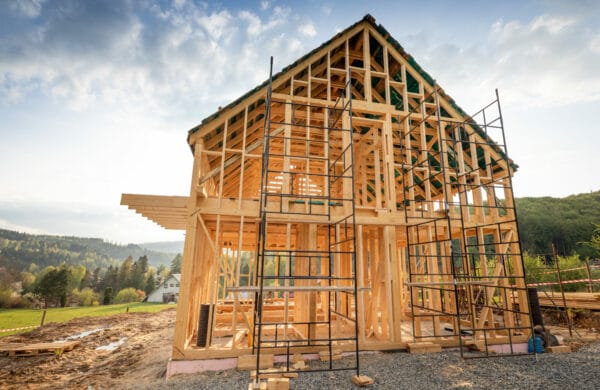By Mary Jo Pitzl | Arizona Republic
Lawmakers aren’t the only ones with lots of ideas on how to change Arizona elections. A citizen initiative circulating in the state has proposals of its own — nearly three dozen of them — and most are diametrically opposed to where Republicans are headed.
The “Arizona Fair Elections Act” would expand voting access and reverse a number of laws enacted in recent years, from tighter controls on citizen initiatives to elimination of the Permanent Early Voting List, which critics saw as an attempt to limit the state’s popular early voting program.
It includes provisions to avoid a repeat of the aftermath of the 2020 presidential election, including preventing the kind of ballot review that was commissioned by Republicans in the state Senate, along with blocking lawmakers from substituting their own slate of presidential electors if they disagree with the voters’ choice.
The initiative is circulating as the Legislature has stalled on a rash of election-related bills this year. Only one measure out of the more than 100 bill introduced has been signed into law so far, but it won’t take effect until after this year’s elections. It tightens proof of citizenship for people registering to vote.
The act, if it makes the ballot and is approved by voters, would create same-day voter registration, extend the deadline to return early ballots and boost funding for the state’s public campaign-finance system. It would restore the Permanent Early Voting List, which lawmakers abolished last year, and reverse the “ballot harvesting” law that prevents voters from allowing a non-family member to drop off their ballot.
The list goes on, proposing numerous election-related changes in an all-or-nothing format that Joel Edman acknowledges could force some hard decisions for voters on whether to accept all of the nearly three dozen provisions to get the changes they really want.
“On the other hand, there’s something in there for just about everybody,” said Edman, treasurer of Arizonans for Free and Fair Elections, the committee formed to back the effort.
Joel Edman, executive director of the Arizona Advocacy Network, a non-partisan organization that protects democratic institutions in Arizona.
Before voters would face any decision, however, proponents of the initiative will need to collect 237,645 valid voter signatures by July 7. If they qualify, the measure would appear on the Nov. 8 general election ballot.
The campaign is sponsored by Arizona Deserves Better, and the political arm of the Arizona Democracy Resource Center. Both groups work on election and voting issues.








